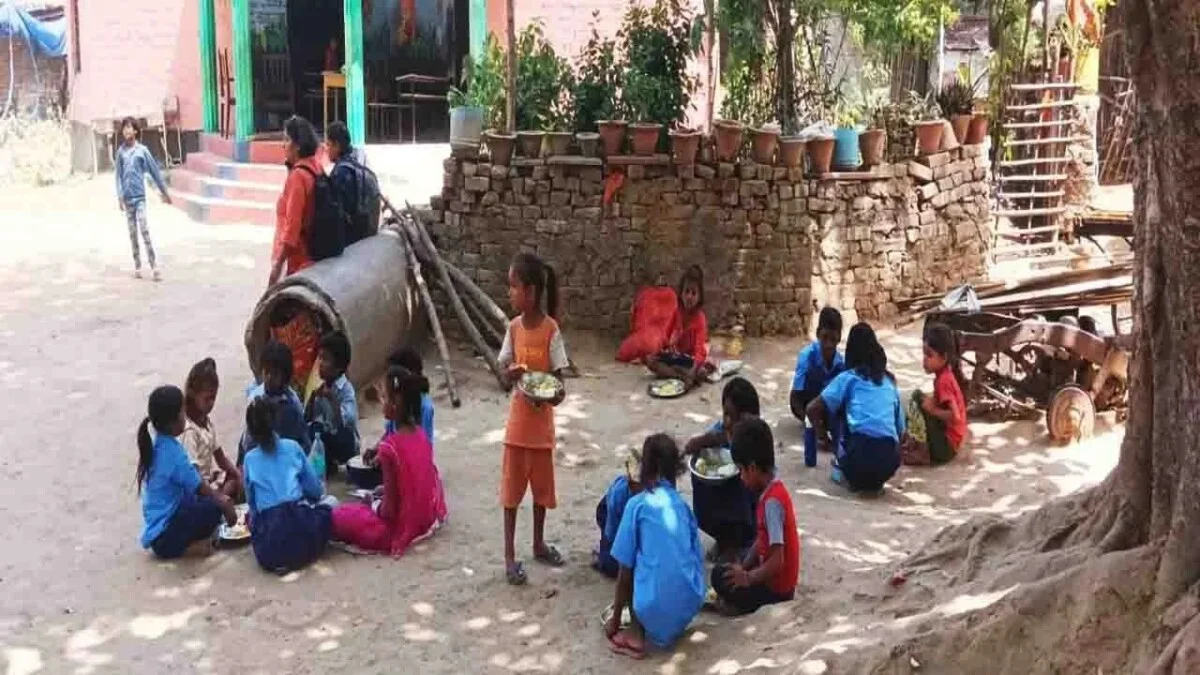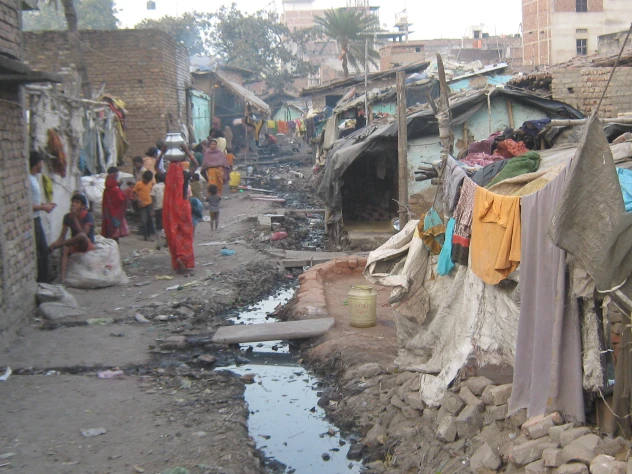Baghera Mohalla: A Tale of Struggles of Urban Slums in Patna
Mohammad Kazim Ansari
PATNA – Patna, a bustling metropolis, has slums like Baghera Mohalla, which struggles with poor infrastructure and lack of basic amenities for decades. Baghera Mohalla, located just two kilometres from Patna Airport and adjacent to Bihar Haj Bhawan, is home to around 700 people, mostly daily wage labourers and auto-rickshaw drivers.
This area was officially declared a slum in 1997. Residents, mostly from the Scheduled Caste community, have been waiting for development schemes for years, but nothing has materialized.

Education is a distant dream for many children in Baghera Mohalla. A small two-room primary school was built in 1997, but it lacks basic facilities like drinking water and proper toilets and proper meals for students. It offers free education to about 30-35 children. Headmaster Murari Kumar fears eviction but tries to provide nutritious meals and medical care to students. A schoolteacher also laments the lack of resources.
Dwellers also highlight the lack of clean drinking water and healthcare facilities. According to them, the only hand pump dries up in summers and overflows during monsoons, posing health risks. Overflowing drains cause floods during monsoons.
An 80-year-old resident and known social worker in the area recounts her four-decade-long period in this area, highlighting the struggles of its inhabitants.
Poor dwellers are also facing the threat of eviction from this area as there are rumours circulating among them about the colony’s demolition after the Lok Sabha elections. Despite assurances from local authorities, the lack of tangible support exacerbates the residents’ anxieties, leaving them in a state of uncertainty and vulnerability.
Baghera Mohalla’s plight reflects the systemic failures in addressing urban slum problems. Marginalized communities are left without basic rights and essential services. Slum dwellers lack basic amenities and live in constant fear of eviction. Policymakers need to take action to improve the lives of slum dwellers. They need to provide basic amenities and come up with long-term solutions for slum development. Only through collaboration and inclusive policies can everyone have a chance for a better life.

